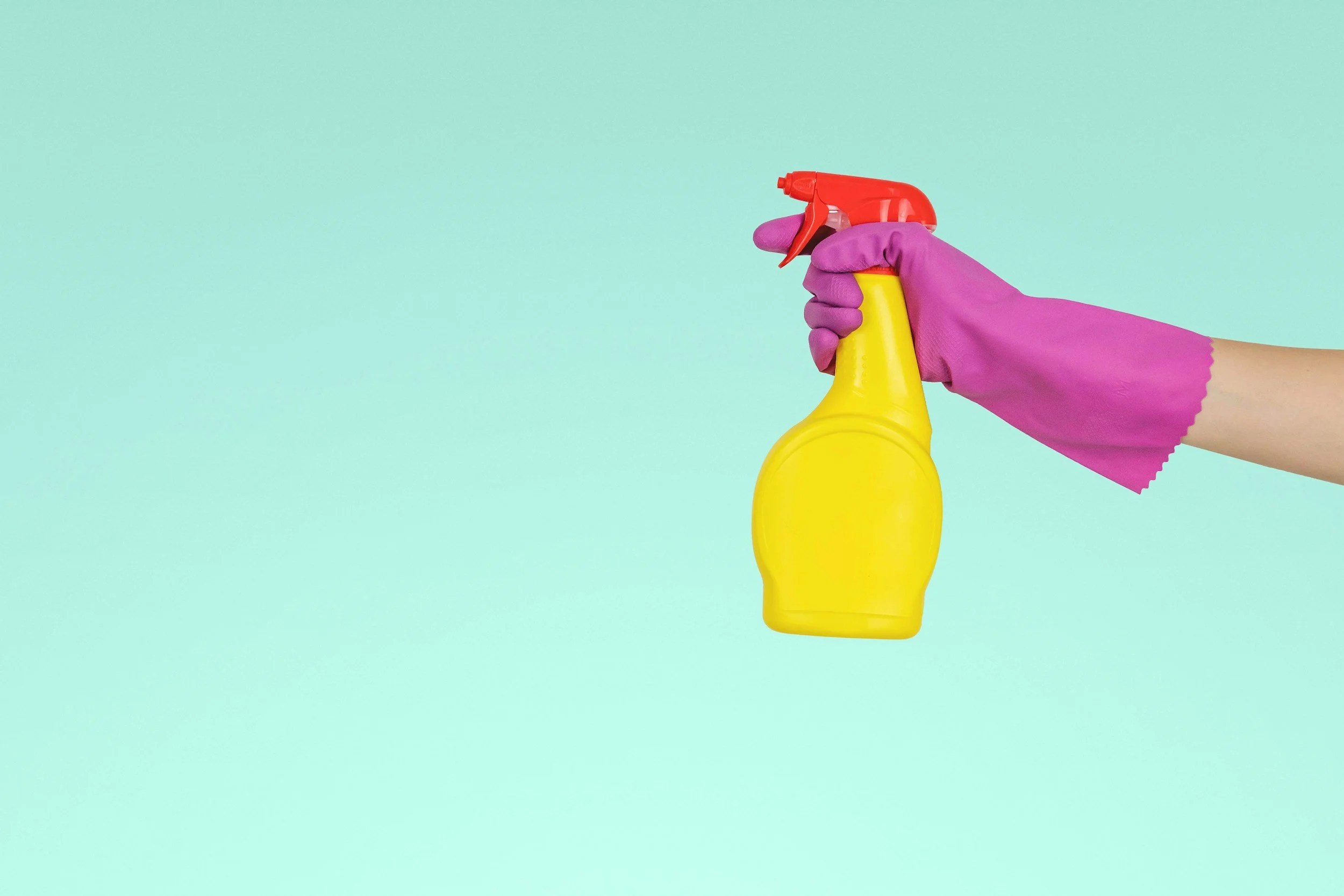For many, student loan debt feels like an overwhelming burden, but the good news is that 2025 offers fresh opportunities and strategies to pay off loans faster and more efficiently. If you're looking to become debt-free, here are some of the best tactics that borrowers are successfully using this year.
1. Income-Driven Repayment (IDR) Optimization
With recent federal changes, IDR plans are more favorable than ever, offering lower monthly payments and shorter forgiveness timelines. The new regulations in 2025 have made it easier to qualify for IDR forgiveness programs, meaning borrowers can pay a manageable amount while working toward eventual loan discharge.
2. Refinancing at Ultra-Low Rates
Interest rates remain at historically low levels, making refinancing a powerful strategy for those with stable incomes and strong credit scores. Many lenders are offering fixed-rate options below 4%, helping borrowers save thousands in interest over the life of their loans. However, if you have federal loans, weigh the benefits carefully before refinancing, as you may lose access to forgiveness programs and IDR plans.
3. Employer Student Loan Repayment Assistance
A growing number of employers are stepping up to help employees tackle student debt. Many companies now offer contributions toward student loan balances as part of their benefits packages. If you're job hunting or negotiating benefits, be sure to explore this option—it can significantly accelerate your payoff timeline.
4. Side Hustles & Gig Work for Extra Payments
The gig economy remains strong in 2025, and many borrowers are using side hustles like freelancing, rideshare driving, or online tutoring to generate extra income for loan payments. Applying extra earnings directly to principal balances can shorten repayment timelines and reduce total interest paid.
5. The Debt Snowball or Avalanche Method
These classic repayment strategies are still highly effective. The Debt Snowball Method focuses on paying off the smallest loans first for quick wins, while the Debt Avalanche Method prioritizes high-interest loans to minimize total interest costs. Whichever approach works best for your motivation and financial situation, consistency is key.
6. Tax Credits & Student Loan Forgiveness Programs
In 2025, tax credits for student loan interest remain a valuable tool. Additionally, federal and state-level forgiveness programs continue to expand, especially for public service workers, teachers, and healthcare professionals. Keeping up with new legislative changes can help you take full advantage of these opportunities.
7. Automating Payments for Interest Rate Discounts
Many lenders still offer small interest rate reductions (typically 0.25%) for setting up automatic payments. While it may not seem like much, these savings add up over time and also help ensure you never miss a due date.
Final Thoughts
Student loan repayment doesn’t have to be a lifelong struggle. With smart planning, leveraging new resources, and staying disciplined, 2025 can be the year you make major progress toward financial freedom. Which strategy will you use to tackle your student debt?


